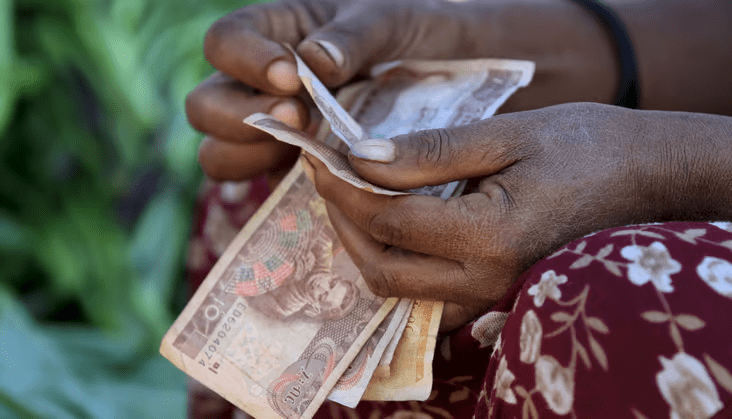Ethiopian Securities Exchange CEO Tilahun E. Kassahun details short and long-term goals for the country’s planned stock exchange.
The planned timing for the launch of Ethiopia’s first stock exchange since the 1970s has slipped from the middle of this year to the third or fourth quarter, Tilahun E. Kassahun, CEO of the Ethiopian Securities Exchange, tells The Africa Report.
The exchange is seeking to raise S16m, a quarter of which is being provided by the government. About half of the remainder has been secured from the private sector, and the aim now is to close the capital raise by the end of March. The capital raising was opened in November 2023, and the aim had been to close in early January. The Christmas break contributed to the delay in fundraising, Tilahun says. “Foreign investors were out on holiday.”
Privately held Ethiopian bank Zemen has said it will buy a 5% stake in the exchange. FSD Africa, which is funded by the United Kingdom government, will also have a stake. “We want most of Ethiopia’s commercial banks to invest,” says Tilahun, adding that foreign investors including other stock exchanges are being targeted.
“There’s [a] very strong private-sector appetite.” The capital raising is also open to individual investors, and has a minimum ticket size of $180,000.
The exchange is working on a pipeline of about six unnamed state-owned enterprises, which will be listed. The pace of initial public offerings (IPOs) may be gradual. “You can’t have two IPOs in six months in Ethiopia,” Tilahun says. More investor education is needed before there can be a stream of IPOs. “Our retail investors are not educated yet.”
Repatriating funds
Preparations for the exchange have been ongoing for the last 18 months, and have included visits to stock exchanges in Nigeria, Kenya, Ghana, Morocco, Euronext, Malaysia and all three exchanges in China. Cooperation with the Nigeria Exchange Group (NGX) has been ongoing and the NGX has helped prepare the rulebook which will be used in Ethiopia.
As a latecomer to stock exchanges, Ethiopia can learn from previous successes and failures, Tilahun says. The Nigerian exchange “is one of the strongest in terms of management in
The first year is likely to see a focus on listings by introduction of private companies, rather than IPOs, Tilahun says. About eight private companies may be listed in this way in the first year, and some private banks are now taking steps on hiring advisers with a view to listing, he adds.
The long-term goal of the exchange is to have about 90 companies listed within 10 years, with a balance between state-owned and private businesses. Tilahun is confident that foreign investors can be attracted and that they will be able to move their money out of the country. There won’t be any restrictions on investors repatriating principal and dividends, subject to the availability of foreign exchange, Tilahun says.
The government and the central bank are planning new reforms to improve foreign currency availability, Tilahun says. Problems getting money out of the country “are not the result of prohibition”, he says. “When the environment improves, investors get to repatriate their funds.”
Read original article



